The ever popular Halo 3 video game cost $60 million to produce and market. That’s a lot of money for a game! Check out the infographic below presented by ProfitBricks to learn more about the financial reality behind gaming development.
Author: Staff
-

Intelligence: The First Quality Employers Look For
Intelligence is just one of the few attributes employers look for in potential employees. This infographic presented by SuperScholar takes a look at the different questions employers ask to gauge your abilities. Check it out below to learn more.

Source: SuperScholar.org -
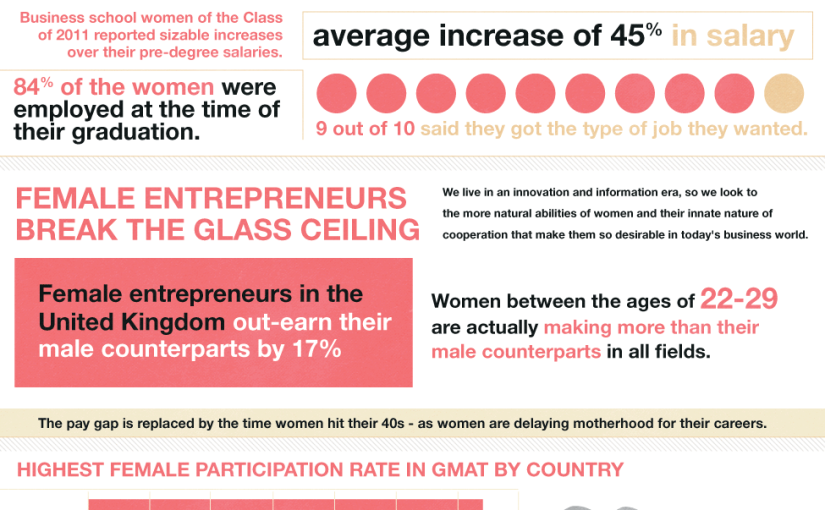
She’s the Boss: Women in Business
Of people who took the GMAT 2012, 43 percent were women. This number is up 39 percent from 2009. Women are clearly making strides in the business world. Check out the infographic below to learn more about how they are doing it.

Image compliments of Best Healthcare MBA Degrees -

The Most Exciting Car Ever Built
The Aventador Roadsters, by Lamborghini, is the pinnacle of automotive achievement. The infographic below, presented by Lamborghini North Los Angeles takes a look at the exhilarating car.
-
![Dog Bites and Home Insurance Claims [Video Infographic]](https://infographic-directory.com/wp-content/uploads/2013/04/1-pit-bull-growling-825x510.jpg)
Dog Bites and Home Insurance Claims [Video Infographic]
You might not think so, but a dog bite can definitely take a bite out of your household budget, especially when it comes to home insurance. This video infographic presented by InsuranceQuotes takes a look at how dog bites can affect home insurance.
-
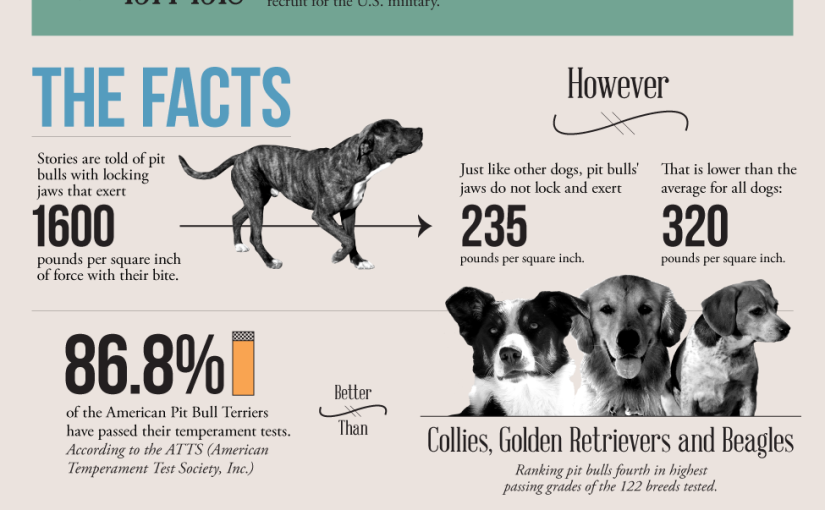
Giving Pit Bulls a Second Chance
Pit Bulls are known for being a dangerous breed, but are they really that dangerous? This infographic presented by National Geographic provides a deeper look at the breed. Check it out below to learn more.
-

You Have the Right to Remain Stupid
If you’re a person who likes to travel, it would be wise to know the laws of the land in which you go. After all, you wouldn’t want to be fined up to $100,000 for harassing Bigfoot in Washington state, would you? Or if you hope to hold a public office in Tennessee, one qualification is that you have not participated in a duel. Both important things to be aware of.
If you’d like to see more bizarre laws in the U.S., check out this infographic from bestparalegalschoolsonline.com.
-
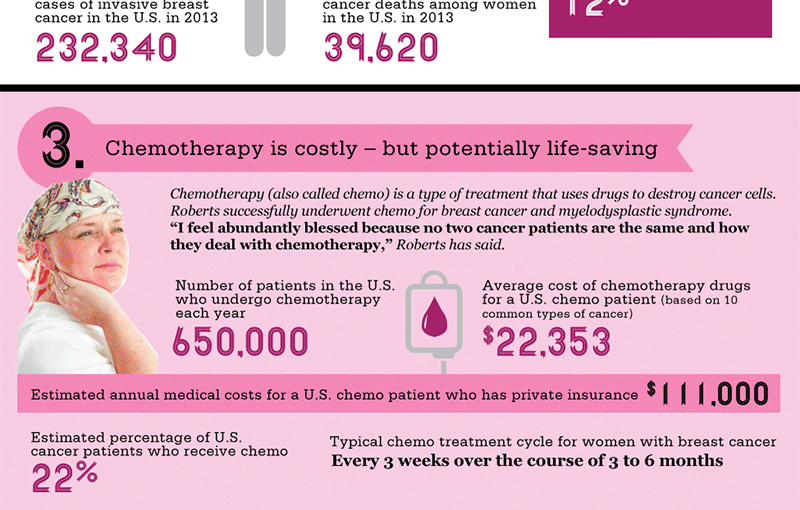
5 Health Lessons We Can Learn from Robin Roberts
In 2013, it is estimated that there will be 1,660,290 new cancer cases in the United States. These numbers continue to grow as now around eight percent of the American adult population has been diagnosed with some form of cancer. Just one person who makes up this eight percent is Robin Roberts. This extraordinary woman endured breast cancer as well as myelodysplastic syndrome. This infographic provides five lessons we can learn from her inspiring story.
From: Bankrate Insurance’s InsuranceQuotes.com
-
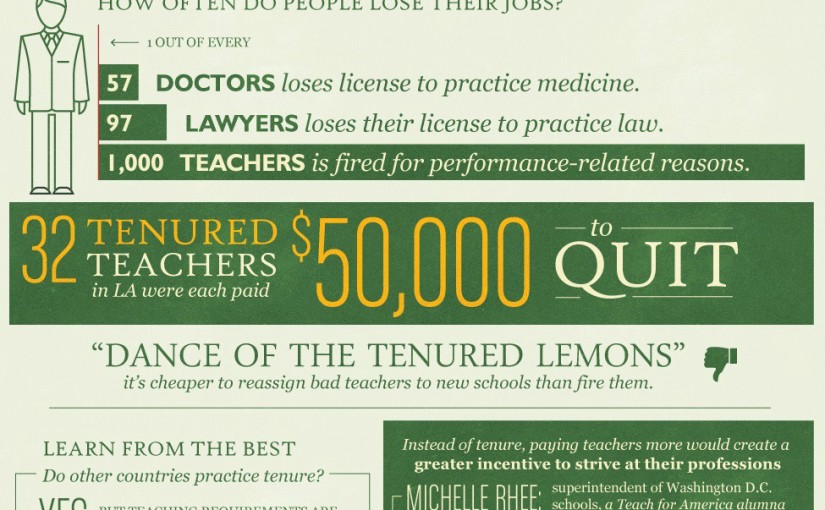
One Nation Under Gov
Does the government belong in our schools? This is a question many of use pose, but what is the answer? This infographic presented by TopEducationDegrees.org takes a deeper look at the government’s involvement in America’s schools systems.

Source: TopEducationDegrees.org -
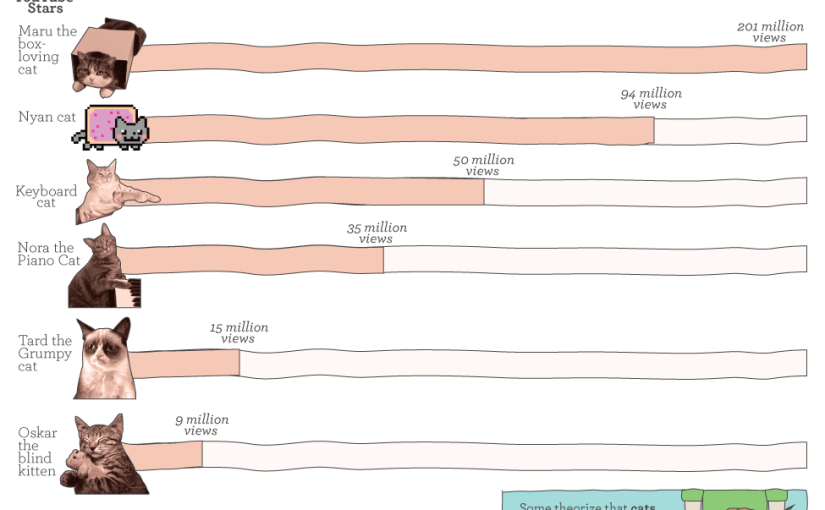
Why Cats are Better than Men
Having relationship troubles? Why deal with a boyfriend and all of his drama, when you could snuggle up to a warm, cuddly cat instead? That’s exactly what this infographic is all about. It takes a look at why cats are better company than men, but it also offers some things to look out for so you don’t turn into a crazy cat lady. Presented by freedating.co.uk.

Why Cats are Better than Men by FreeDating.co.uk
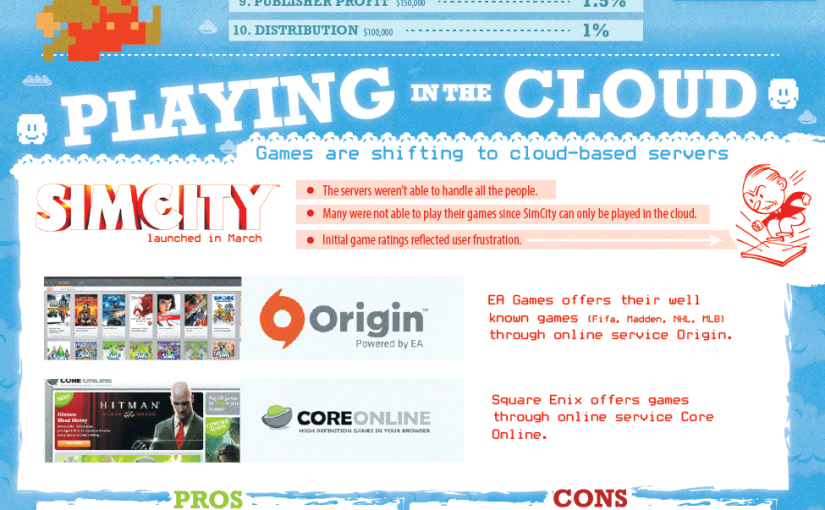




![5 health lessons we can learn from Robin Roberts [Infographic]](https://i0.wp.com/www.insurancequotes.com/wp-content/uploads/2013/03/robin-roberts-600.png?w=550)